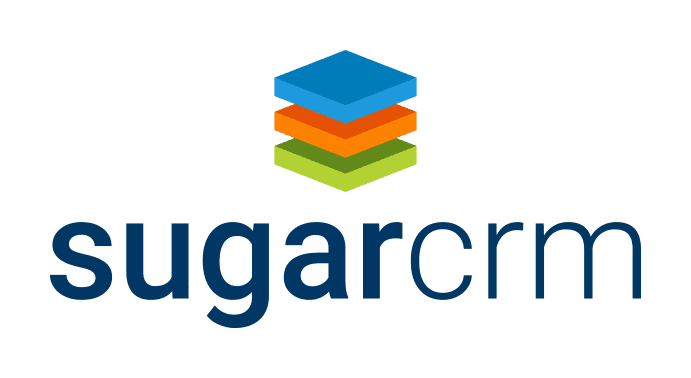The business uncertainties in today’s economic climate are complicated. Some companies have fared better than others who are just holding up, and still others have had to close their doors altogether. For those that have managed to stay afloat, the future is starting to look better. But that potentially means more competition vying for the same customers and staying in front of shifting consumer expectations.
Because of these complexities, it is essential to use all of your resources efficiently. Whether you’re taking this opportunity to pivot on your product or service offerings, reinvesting in your staff to become a better organization on the other side, most companies are looking at how they can take control of their future. And in uncertain times, most are deciding whether the integration of technology into business operations will get them there.
Of course, using your resources most efficiently goes well beyond merely reducing waste and getting the most out of your existing assets, you should also consider how you can modernize your business functions. The most effective way to help your business swap out redundant processes for streamlined operations is cloud Enterprise Resource Planning (ERP).
Your future is in the cloud
Modern technology is essential for modern-day businesses in this new economy. ERP is not just for big corporations either. Every type of business across all industries can benefit from planning for a brighter future. A cloud ERP system allows you to adapt to a changing environment from an open, flexible platform that easily integrates with mission-essential third-party applications.
Cloud ERP delivers complex business insights and minimizes error-prone manual processes while keeping you ready to respond to evolving circumstances quickly with informed decisions.
By giving you company-wide access to data and business insights, your people have a single source of information to operate from – anywhere, anytime. What you get is a fully connected business and resilience to face the future, whatever it may bring. Companies on the path to future-proofing their business are investing in the best technology for the moment.
Reflecting on technologies of the past
Over the last few decades, several paradigm shifts have occurred in business technology realms. Consider what today’s end-user looks like compared to 30 to 40 years ago. Tech geeks excitedly plugged away at large mainframe computers the size of refrigerators as the rest of us scoffed at the enthusiasm for things we didn’t understand. Today, grade-schoolers have laptops and portable devices that place more power in the palm of their hand than those mainframes could ever dream of having.
A few decades ago, accountants and finance professionals would not and could not step away from daily ledgers with stored data on IBM punch cards and clunky adding machines that required exact values in a predetermined sequence. If one small mistake was made keying in a number, they had no choice but to start all over again. With no way to quickly or easily recall historical accounting information, companies struggled to use accounting data to make decisions and often relied on gut-instinct.
Today, the finance department runs on graphical user interfaces (GUIs) that deliver colorful charts and depict trends and projections critical to the decision-making that shape the entire company’s future.
The point of this history lesson is that no company in the 80s or 90s expected portable devices to become capable of handling day-to-day business operations. As business structures and process requirements evolved, ERP systems have grown in function and capability. What started as on-premise applications to optimize manufacturing processes and required IT teams now transform entire businesses in any industry and run entirely offsite in the cloud.
Today, the cloud has become so widespread that companies couldn’t sustain without its level of on-the-go portability. According to a recent survey, more than 94% regard cloud-based ERP as a safer, more dynamic option to manage their organization’s functions. As your business requirements change, your cloud ERP also evolves and adapts. With the widespread use of artificial intelligence, these systems are even thinking for us and impacting every facet of every department while machine learning is revolutionizing ERP to supercharge even higher levels of automation.
Companies that invest in ERP become more flexible and can adapt to the changes. With this level of powerful and strategic business process management tools, you can stay competitive in uncertain times with an efficient way to store and access information.
If you’re curious about cloud enterprise resource planning and have questions about how it can help your business adapt and evolve in today’s business environment, consult an expert. Ask them “why” and “how” a modern technology like ERP can transform your business.

